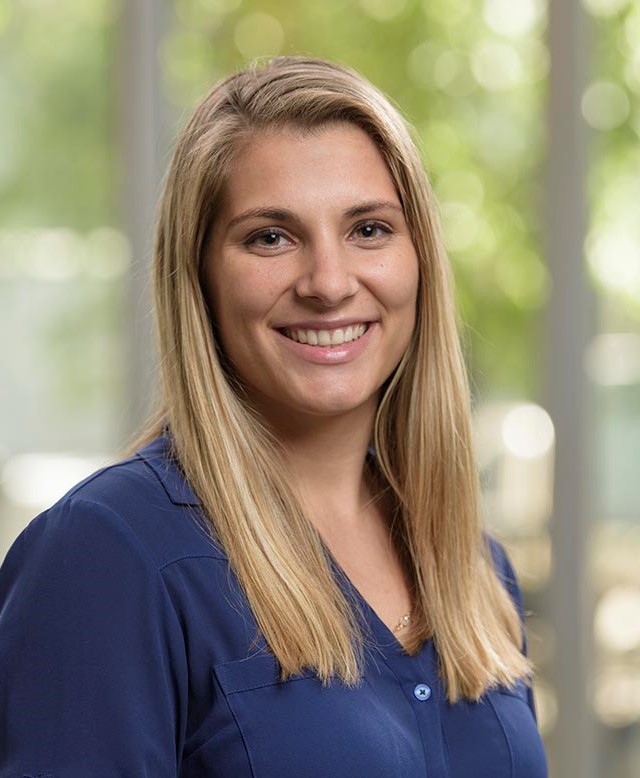Listen Now
Topics Covered
- Overview of Infection, Its Prevention, Management & Treatment in People Living with Cancer
- Understanding Drug-Resistant Infection & Cancer
- Causes & Risk Factors for Infections
- Why People Living with Cancer May Be More Prone to Infection
- Know Your Risk of Infection
- What is AMR (Antimicrobial Resistance)?
- Questions to Ask Your Health Care Team about Antimicrobial Resistance (AMR)
- Signs of Infection
- Parts of the Body Most Likely to Get Infection
- Watching For & Preventing Infection in People Living with Cancer
- The Role of Vaccinations & Flu Shots
- How Drug-Resistant Infections May be Treated at Home
- Working with Your Health Care Team to Prevent Your Risk of Infection
- The Increasing Role of Telehealth/Telemedicine Appointments
- Guidelines to Prepare for Telehealth/Telemedicine Appointments, including Technology, Prepared List of Questions & Discussion of OpenNotes
- Key Questions to Ask Your Health Care Team about Follow-Up Care
- Questions for Our Panel of Experts
Our Panel of Experts

Jeffrey Crawford, MD
George Barth Geller Professor for Research in Cancer, Department of Medicine, Duke University School of Medicine, Lead PI of NCTN LAPS Grant, Duke Cancer Institute

Michael J. Satlin, MD, MS
Associate Professor of Medicine, Associate Professor of Pathology and Laboratory Medicine, Division of Infectious Diseases, Weill Cornell Medicine; Associate Editor, Journal of Antimicrobial Chemotherapy-Antimicrobial Resistance

Charlene Claire Kabel, PharmD, BCOP
Clinical Pharmacy Specialist, Memorial Sloan Kettering Cancer Center, Member HOPA’s Patient Outreach Committee

Carolyn Messner, DSW, BCD, FAPOS, FAOSW
Director of Education and Training, CancerCare
Brochure
You can download the brochure for this workshop
Workshop Date
This workshop was originally recorded on October 25, 2021.

